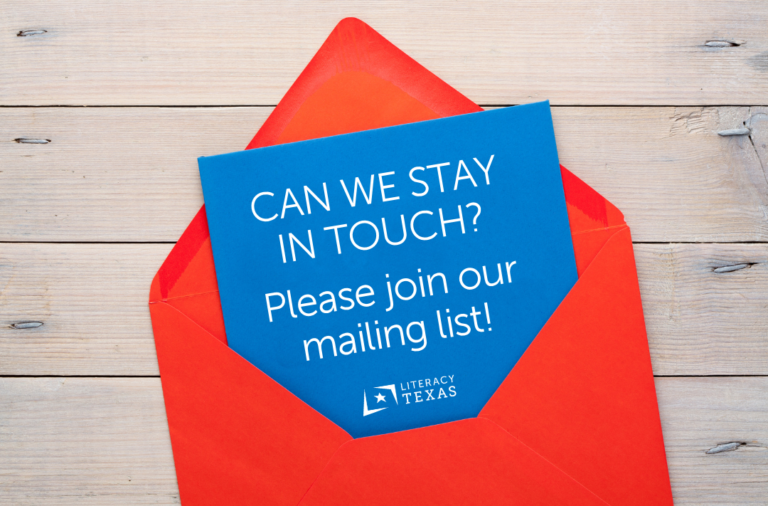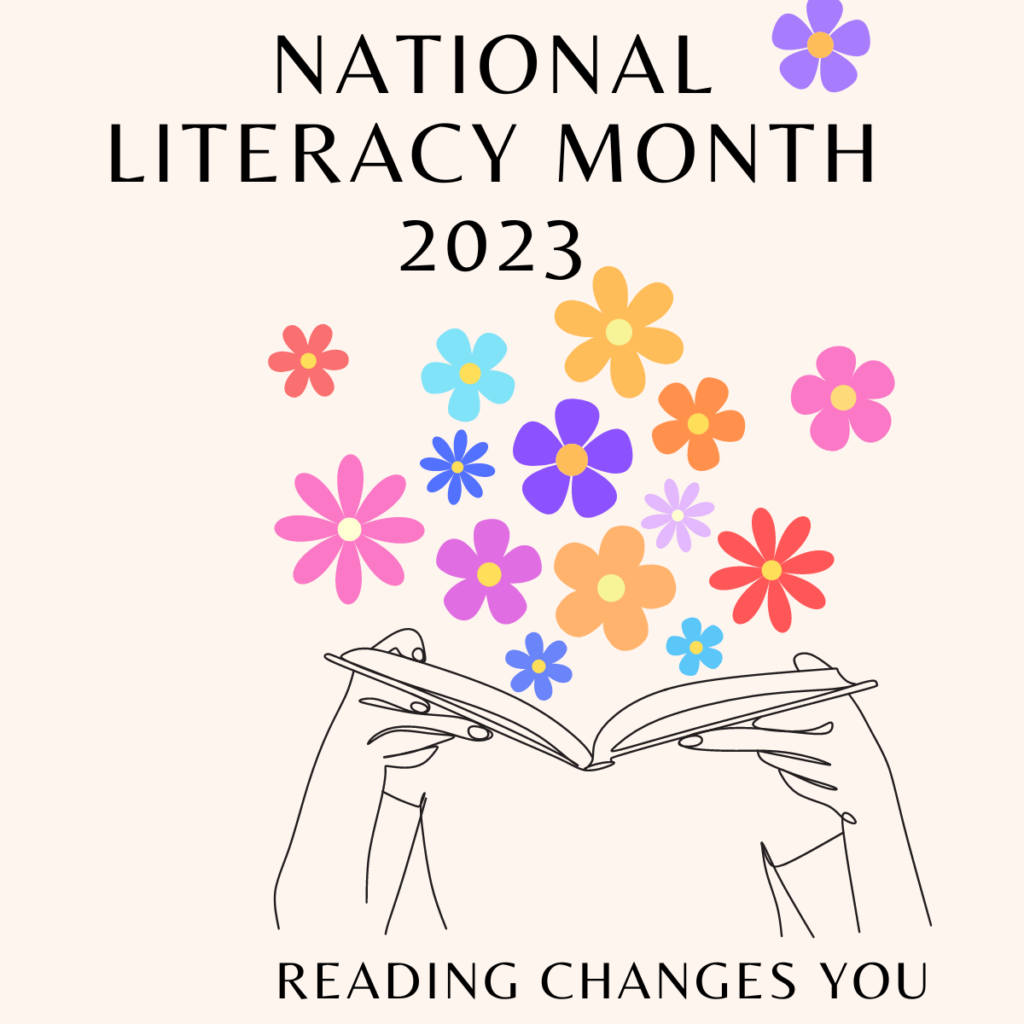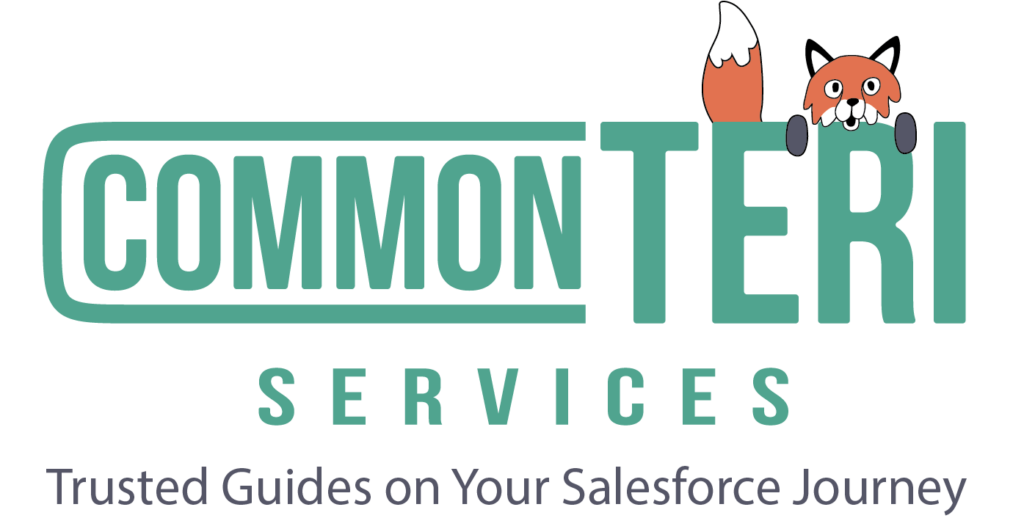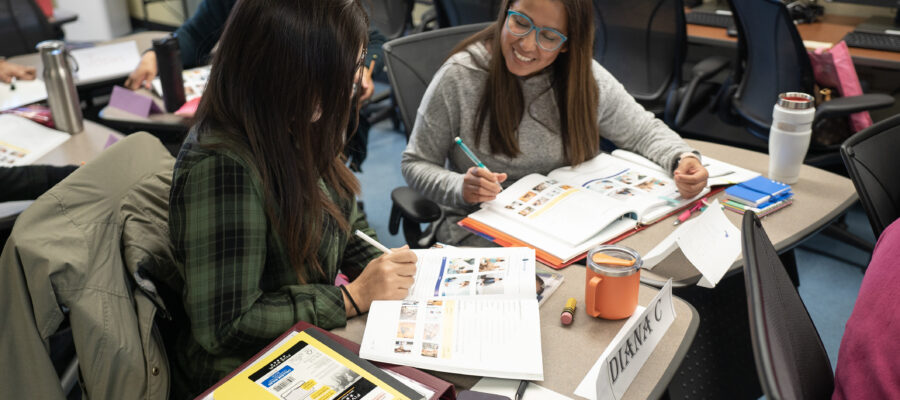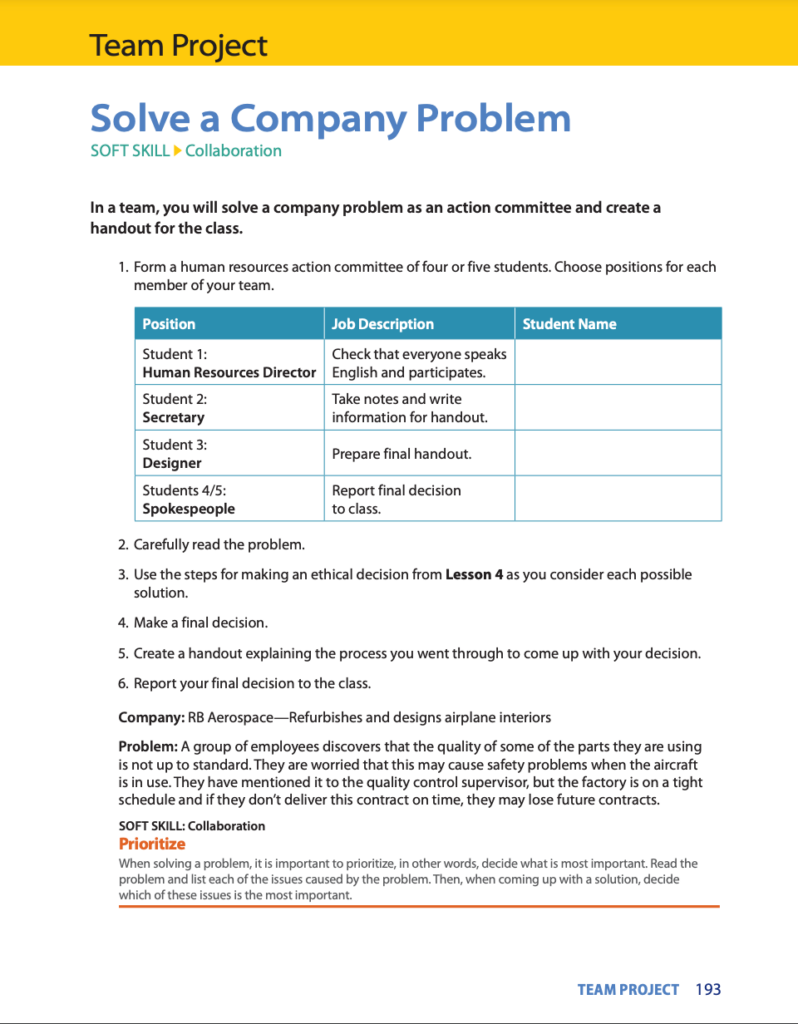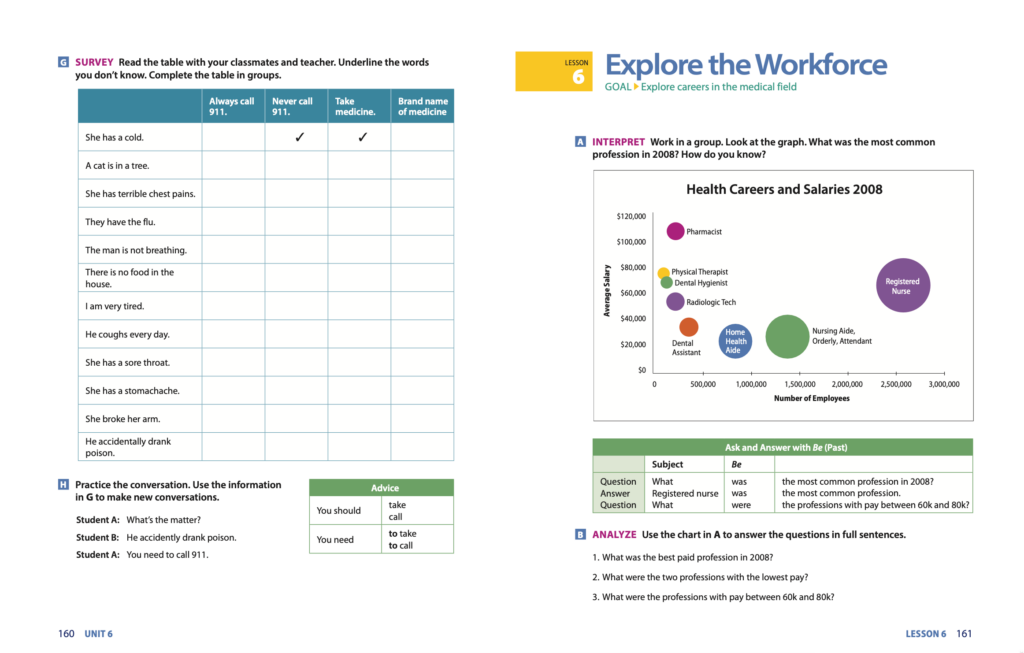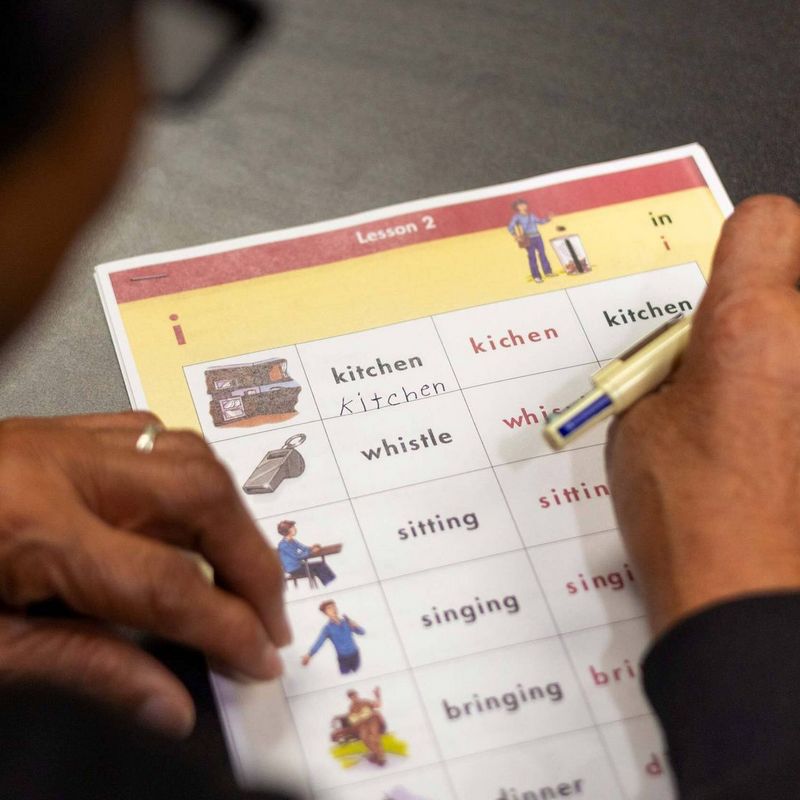
Author: Dr. Jenny McCormack Walker, Literacy Texas Executive Director
I’m a sucker for a good, gut-wrenching success story.
It’s one of the reasons I love to attend when an adult literacy CBO leader presents for a civic, social, or academic audience in their community. Five minutes after learning about Marisol, the single mom who just earned her GED after 6 years of night classes, I’m fully invested. I’m sitting in my car – ugly crying – and I’ve already texted my best friend about it. I’ve signed up for the organization’s newsletter, and I’m checking my schedule to see when I can volunteer. Those presentations speak to the core of my soul.
As a CBO leader who loves people, this is exactly how I designed every one of my community presentations for years: a great success story with a great action photo of the adult learner. Rinse and repeat. My CBO friends thought my presentations were brilliant. However, my business leader friends struggled to understand why they should care about people like Marisol.

To clarify, my business leader friends are not heartless; they just didn’t find her story relevant to their work or life.
I realized that by leaning into my love of student success stories, I was missing the opportunity to connect a large group of people to my organization’s mission. I knew that I had to be intentional in making sure my messages spoke to everyone in the room. Since money impacts us all, I began shifting my presentations toward the connection between adult literacy and economic development.
In recent years, major companies have expanded operations in Texas or relocated their entire corporation here altogether. In fact, so many businesses moved to Texas, Governor Abbott’s office declared our state to be the official “headquarters of headquarters.” And corporations aren’t the only ones settling in the Lone Star state. According to an article from Texas Public Radio, over half a million new residents moved here last year: more than any other state in the country.
Those companies need employees, and those new residents need jobs. Adult literacy organizations’ unique ability to make those connections through academic and workforce development programs is an interesting story worth sharing. We might not be negotiating big deals and tax incentives to attract corporations into our communities, but we’re doing our part to build up an educated workforce. My business leader friends connect well with that sentiment (and, don’t worry, I still toss in a hearty serving of warm and fuzzy stories too!).
Finding the balance between the human and the economic side of adult literacy can make all the difference in how a message resonates when building relationships with leaders in outreach work – and end up garnering crucial support from a wider range of folks across our communities.
Our theme throughout January is Workforce Literacy, and we’re focusing on related topics throughout the month. Find general resources here, and plan to join us at a special extended Best of Texas online session focused on Workforce Literacy, on January 30.
Get Texas literacy updates
Join our mailing list so you don’t miss any news:
- Local and national literacy news
- Conference updates
- Regional symposia
- Best of Texas
- Advocacy
- …more!

